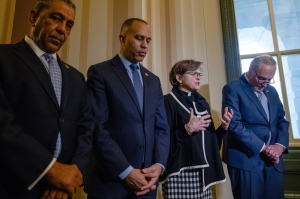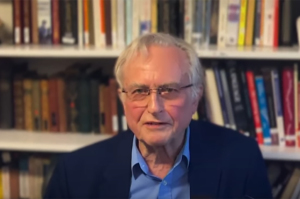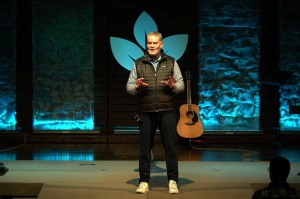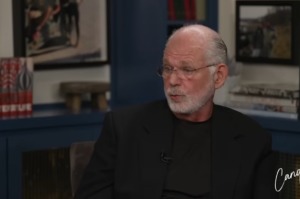Methodist Church: UK Must Reach Broad Consensus in New Terrorism Laws
The Methodist Church has called on the British government to reach out towards a broad consensus as it seeks to implement new anti-terrorism proposals following the London bomb attacks last month.
The Methodist Church has called on the British government to reach out towards a broad consensus as it seeks to implement new anti-terrorism proposals following the London bomb attacks last month.
The announcement by the Methodist Church has indicated that the Church respects that police will need to be given necessary powers to effectively combat the threat. It remains highly concerned that fundamental rights may be impeded.
In particular, some of the proposals have alarmed Methodist Church leaders who are anxious that various traditions of hospitality and refuge, intrinsically linked to British Christian society and human rights, are being threatened by some of the suggestions.
The Methodist Church Secretary for International Affairs, Steve Hucklesby said, "Our society currently faces the difficult challenge of ensuring the security of all while not eroding the fundamental human rights of which we are rightly proud. To meet this challenge it is necessary to encourage a climate of debate that is inclusive of a range of views in our multi- religious and multi-ethnic society."
Worrying that some of the measures that the government are proposing go far beyond those needed to protect the innocent in society, Hucklesby continued, "We encourage the Government to foster broad cross-party consensus as it explores changes to legislation in the light of the London bombings. There will be widespread support for some of the Government's anti-terror proposals. However some appear to go beyond what we need to ensure our security, raising questions concerning fundamental rights and challenging our tradition of providing a safe haven for those who flee persecution."
The difference between "extremist" and "criminal" were pointed at by the Church, who stated that, "Other proposals raise questions concerning the independence of the judiciary or seemingly fail to recognise that there is often a gulf between "extremist" and "criminal."
"For example, many will question how the proposal to introduce new powers to close down places of worship will be balanced with fundamental rights regarding freedom to worship, or indeed how effective such measures will be. It is right that we re-examine measures to enable the police to ensure our security but the Government must give serious attention to the scope for enhancing existing powers before proposing new legislation.
Inter-faith dialogue has also been highlighted by the Methodist Church as paramount in all workings to ease tensions and fight the new threat to European shores. In particular, public debate was encouraged by Hucklesby, and especially consultation with the Muslim community was particularly welcomed. He indicated that if the new proposals were made unclear and gave rise to suspicions, this path would be blocked.
Hucklesby said, "The opportunity for public debate is valuable. The Government's reaffirmation of its desire for consultation with the Muslim community is welcome. However such consultation is going to be more difficult if founded on proposals that are unclear and create suspicion. Ultimately terrorism cannot be defeated by security measures alone."
Hucklesby also stated a reaffirmation of the Methodist Church's support for Muslims to converse and interact within their own community.
Elizabeth Harris, the Methodist Church Secretary for Interfaith relations, said, "Since July 7th dialogue among Muslims about the causes of terrorism and religious extremism has intensified. Legislation that might push underground those Muslims tempted by extremism could hinder this dialogue and increase divisions within the Muslim community, thereby strengthening extremism."





























